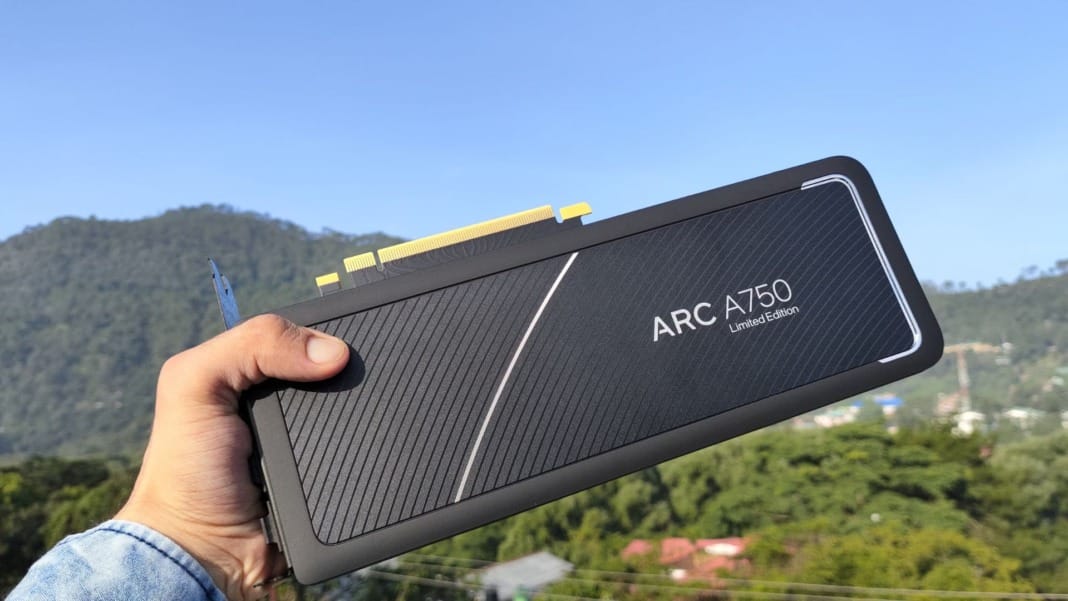Thousands of artists, including prominent figures like Radiohead’s Thom Yorke, have signed an open letter protesting the unlicensed use of creative works to train artificial intelligence (AI) tools, calling it a serious threat to their livelihoods. The statement, endorsed by more than 11,500 actors, musicians, authors, and other creators, urges a halt to this practice by tech companies that build AI models using data scraped from the internet without proper consent or compensation.
Artists demand an end to unlicensed AI training

The brief but impactful letter reads: “The unlicensed use of creative works for training generative AI is a major, unjust threat to the livelihoods of the people behind those works and must not be permitted.” Among the well-known names who signed it are Thom Yorke, actors Julianne Moore and Kevin Bacon, Nobel laureate novelist Kazuo Ishiguro, and ABBA’s Björn Ulvaeus.
Generative AI models, like OpenAI’s ChatGPT, rely on vast amounts of data, including text, images, videos, music, and speech, to develop their algorithms. This enables the AI to produce humanlike responses, generate images or music from text prompts, and create various types of content. However, the widespread concern among creators is that much of this data is collected without their knowledge, consent, or financial compensation. As a result, artists are increasingly calling out this practice, viewing it as copyright infringement and a threat to their ability to earn a living from their work.
Tech firms claim fair use amid copyright concerns
Companies such as OpenAI argue that their data collection practices fall under the doctrine of “fair use” in copyright law, allowing them to scrape data from the internet for legal training purposes. However, this justification has not sat well with many artists and has led to numerous legal battles in U.S. courts over the past year. The lawsuits challenge the tech firms’ claims and seek to clarify the rights of creators in this new digital age.
In response to these legal challenges and growing pressure from the creative community, some companies developing generative AI tools have begun seeking licensing agreements with media organisations. These deals grant legal access to content for training purposes in exchange for compensation packages, offering a potential solution to the contentious issue.
The road ahead for generative AI regulation
As generative AI technology continues to evolve, governments and regulators are working to catch up with its rapid development. However, with laws and regulations around AI still in their infancy, it may take some time before a clear resolution regarding the balance between technological innovation and the protection of creators’ rights.
The protest, led by influential figures across the entertainment and literary worlds, highlights the urgent need for policymakers and tech companies to address artists’ concerns. As AI tools become more advanced and widespread, the outcome of this debate could shape the future of creativity and innovation in the digital space.





